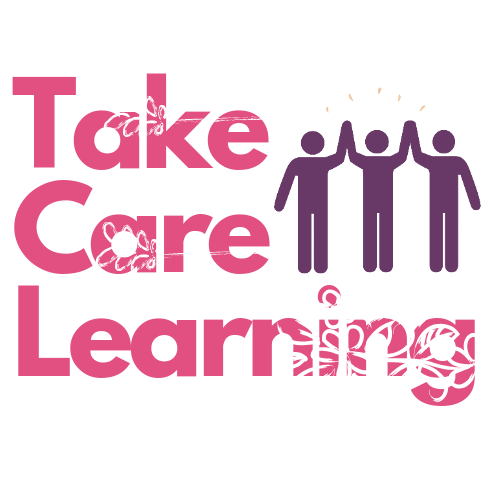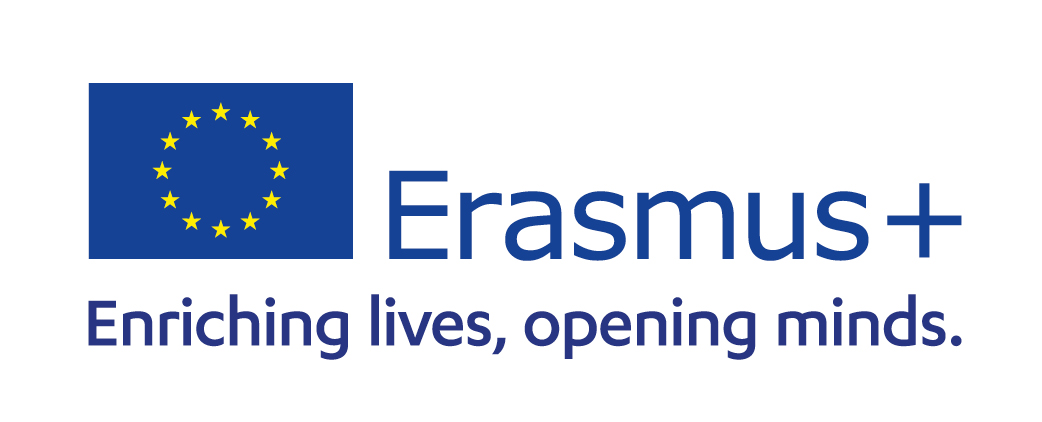

Erasmus+, KA1

The partnership is composed of a Consortium of 6 organisations working on the elderly care field; it includes both local public authorities and Welfare agencies, coordinated by the transnational network SERN. The shared needs that led the organisations to think about this mobility project, that could improve staff competences on the professional figure of the occupational therapist, can be identified in three critical elements:
1. the staff dealing with frail elderly people lack of specific skills related to the fundamental concepts on which the work of the occupational therapist is based;
2. the personnel involved in training need to acquire the ability to read and transfer practices and information to the families of frail elderly, by transferring skills regarding the basic concepts of occupational therapy;
3. the staff must increase and consolidate the European dimension of the organization activities improving their professional linguistic competences in orde to access to a wider quantity of resources and training materials.
A mobility project aimed at offering training opportunities in Sweden for Italian social workers interested in strengthening the professional profile as occupational therapist.
The consortium identified as main objectives of this project the following areas of improvement:
1. to enhance the instrumental, interpersonal and systematic knowledge of the personnel of the organizations;
2. to develop the skills that informal caregivers will have to acquire thanks to the trainers of the partnering organizations.
3. to add or increase the European dimension in the different organizations.
The activities carried out have been:
Thanks to the mobility activities, participants were able to acquire numerous skills that enriched their professional experience and also brought innovations within organizations. An aspect that may seem marginal but represented an essential element in the impact of the project and on the skills acquired is the greater motivation and satisfaction in daily work and a certain pride in having been selected to participate in a training process in a transnational context.
A common aspect of both mobility actions was the improvement of language skills (English language) and the development of their skills in the intercultural field.
As for the jobshadowing activities, the skills acquired have been the direct consequence of the various activities that the participants have faced:
– Acquisition of instrumental, interpersonal and systematic knowledge that made it possible to transfer new skills to colleagues, relatives and informal caregivers. Two of the partners belonging to the Consortium have developed a specific training course called “school of the caregiver – Ad Personam” dedicated to families who have people with disabilities (physical and / or cognitive) and who need support such as that of the therapist. occupational.
This has led and is leading to an ever increasing knowledge of the possibilities to meet the needs related to: – the development of a personalized treatment plan; – the identification of actions related to everyday life; – the transformation of the home environment according to new needs; – improving the quality of life of the elderly person and family members.
– Development of relational skills between the occupational therapist and the patient following the fundamental concepts on which the work of the occupational therapist is based (Action, Individual, Everyday, Environment and Quality of life), especially with regard to communication, psychological support, and the personalization of actions to be prepared in a shared and uniform way.
The skills acquired with the training courses in Finland were more theoretical with an introduction to the theories on which the work of the occupational therapist is based (scientific, medical, relational and psychological aspects) and a comparison between the Finnish reality and the Italian one. Particular attention was paid to what occupational therapy can offer in the future for the improvement of the patient’s life.
Please, find here the Agenda of the Training Course in Finland at university of Applied Science focused on the role of the Occupational Therapist in elderly care.

Our objective is to increase cooperation among the
members of the network, between Italy and Sweden
and, more in general, the North and South of
the European Union.
Stradone Martiri della Libertà, 15 – 43123 Parma (PR) – Italy | C.F.: 91251370374
Tel: +39 0521686023 – Fax: +39 0521686023 – Website: www.sern.eu – Email: secretariat@sern.eu – PEC: secretariat@pec.sern.eu
© 2024 | All rights reserved | Privacy Policy | Cookie Policy